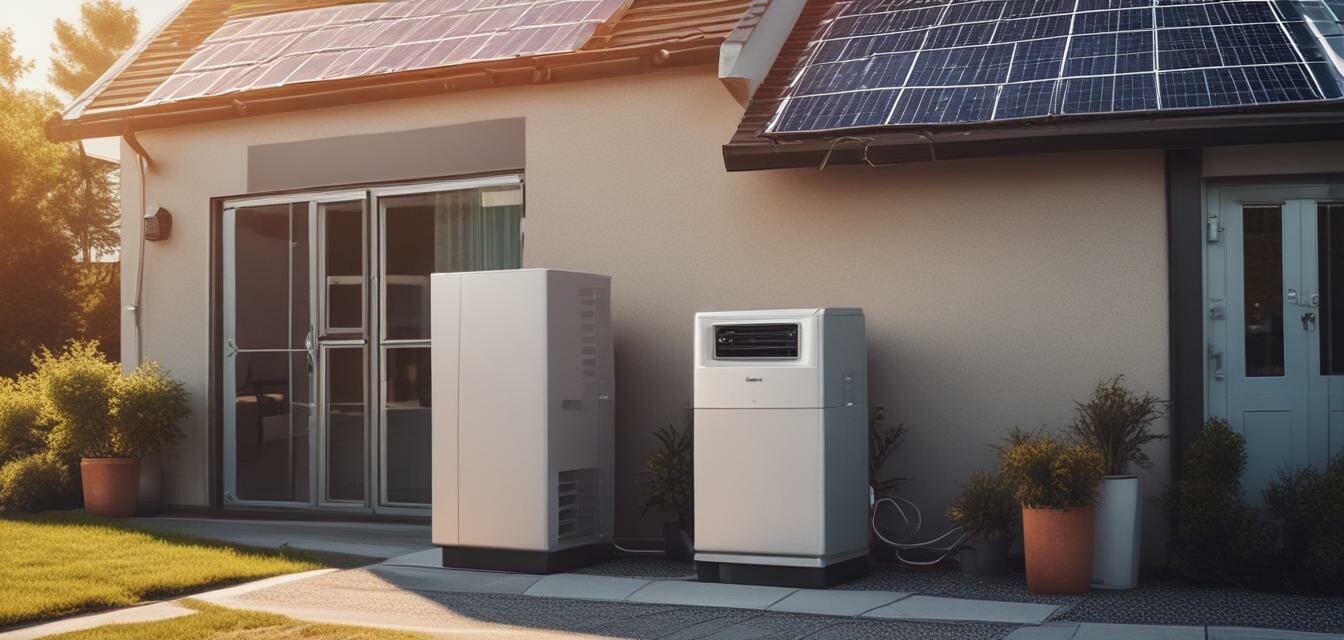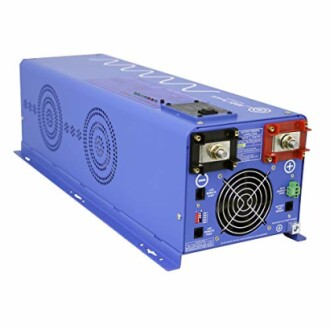
Essential Factors When Choosing a Solar Inverter for Your Home
Key Takeaways
- Understand different types of solar inverters available.
- Consider the inverter's efficiency and compatibility with solar systems.
- Assess the inverter's features such as MPPT and surge capacity.
- Look for warranties and customer support options.
- Evaluate the brand's reputation and user reviews before purchasing.
Choosing the right solar inverter for your home is an essential step in achieving energy independence and optimizing your solar power system's performance. Whether you're looking to power your entire household or just some essential appliances, understanding the factors that influence your choice can help you make an informed decision. In this guide, we will delve into different inverter types, features, and key considerations to help you find the perfect fit for your energy needs.
Types of Solar Inverters
Solar inverters convert the direct current (DC) produced by solar panels into alternating current (AC) used by home appliances. Here are the primary types of inverters you should know:
| Type of Inverter | Characteristics | Best For |
|---|---|---|
| String Inverters | Most common, connects multiple panels in a string. Lower cost but can be less efficient. | Small residential systems with uniform solar exposure. |
| Microinverters | Attached to individual panels, allowing for maximum efficiency and monitoring. | Roofs with shading issues or multiple orientations. |
| Power Optimizers | Like microinverters but still use a string inverter. Helps to improve panel performance. | Any residential system needing improved performance. |
| Hybrid Inverters | Support both solar energy and battery storage. Can be switched between solar and grid energy. | Homes looking for off-grid solutions or battery backups. |
Key Features to Look For
When selecting a solar inverter, consider the following features:
- Efficiency: A higher efficiency rating means more solar energy converted into usable power.
- MPPT Technology: Maximum Power Point Tracking (MPPT) optimizes the energy production of your solar panels.
- Surge Capacity: The ability to handle short bursts of increased power, especially important for starting appliances.
- Monitoring Capabilities: Many inverters offer monitoring through apps, allowing you to track performance remotely.
- Durability: Look for inverters built to withstand harsh weather conditions.
Product Recommendations
Here are two reliable solar inverters worth considering for your home:
SUNGOLDPOWER 10000W DC 48V Solar Inverter
A powerful inverter with built-in solar controllers, perfect for home energy independence.
Learn MoreAIMS Power 6000 Watt Pure Sine Inverter Charger
Ideal for homes and cabins requiring efficient battery power conversion.
Learn MoreOther Considerations
Before making your purchase, keep these additional factors in mind:
- Warranty: Look for at least a 5-10 year warranty to ensure long-term reliability.
- Brand Reputation: Research brands to find those with positive reviews and reliable customer service.
- Installation Support: Check if professional installation services are available.
- Size and Weight: Ensure the inverter fits your installation space and is manageable during setup.
Conclusion
Selecting the right solar inverter for your home is crucial for maximizing your solar energy potential. By considering the types of inverters available, key features to look for, and evaluating specific products, you can make a well-informed decision. For more guidance, refer to our Hybrid Solar Systems resource or read our Introduction to Solar Inverters.
Tips for Beginners
- Start with determining your energy consumption needs.
- Understand the layout and shading of your solar panel installation area.
- Ask for recommendations and reviews from other solar energy users.
- Look into available incentives and rebates for solar installations in your area.
Pros
- Increased energy independence.
- Lower electricity bills over time.
- Ability to configure for varying energy needs.
- Environmentally friendly energy source.
Cons
- Initial investment can be high.
- Requires maintenance and occasional upgrades.
- Performance impacted by weather conditions.
- Requires adequate space for solar panel installation.




